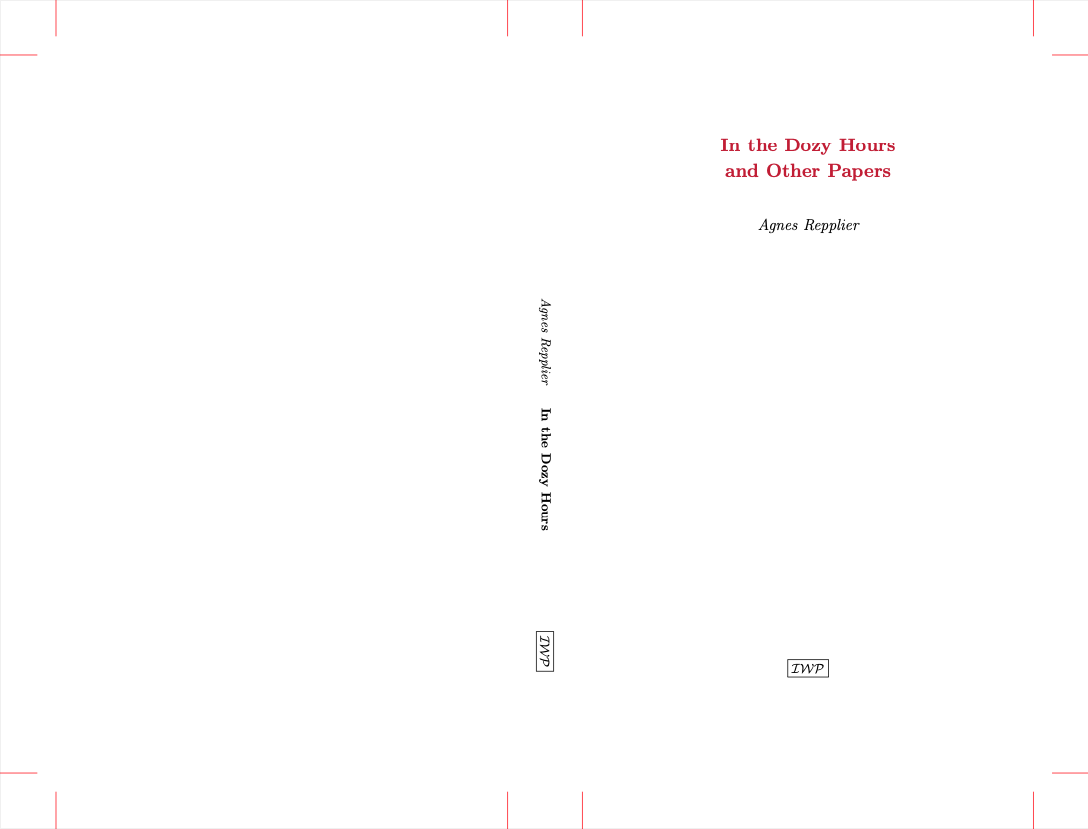Patrick Kurp on Joseph Epstein
Collections of English Translations of the Odes. Update: 53 Translations Added!
- 172 translations of Solvitur Acris Hiems (Odes I.4)
- 218 translations of Vides Ut Alta (Odes I.9)
- 223 translations of Carpe Diem (Odes I.11)
- 249 translations of Integer Vitae (Odes I.22)
- 181 translations of Vitas Hinnuleo (Odes I.23)
- 238 translations of Persicos Odi (Odes I.38)
- 165 translations of Aequam Memento (Odes II.3)
- 173 translations of Rectius Vives (Odes II.10)
- 182 translations of Eheu Fugaces (Odes II.14)
- 223 translations of Otium Divos (Odes II.16)
- 265 translations of Donec Gratus Eram (Odes III.9)
- 184 translations of Fons Bandusiae (Odes III.13)
- 197 translations of Diffugere Nives (Odes IV.7)
Another year! – another deadly blow!
Another mighty Empire overthrown!
And We are left, or shall be left, alone;
The last that dare to struggle with the Foe.
‘Tis well! from this day forward we shall know.
That in ourselves our safety must be sought;
That by our own right hands it must be wrought;
That we must stand unpropped, or be laid low.
O dastard whom such foretaste doth not cheer!
We shall exult, if they who rule the land.
Be men who hold its many blessings dear,
Wise, upright, valiant; not a servile band,
Who are to judge of danger which they fear,
And honour which they do not understand.
(William Wordsworth, November, 1806)
Broken Codes of Conduct by Theodore Dalrymple.
New Collection of Translations: 232 English Translations of Horace’s Persicos Odi (Odes I.38). Including Translations by: William Cowper, Hartley Coleridge, William Makepeace Thackeray, C. S. Calverley, Gerard Manley Hopkins, Austin Dobson, Willa Cather, Franklin P. Adams, Ford Madox Ford, and Muriel Spark.
New Collection of Translations:
Collections of English Translations of the Odes (Updated):
- 169 translations of Solvitur Acris Hiems (Odes I.4) – NEW!
- 207 translations of Vides Ut Alta (Odes I.9)
- 220 translations of Carpe Diem (Odes I.11)
- 245 translations of Integer Vitae (Odes I.22)
- 175 translations of Vitas Hinnuleo (Odes I.23)
- 162 translations of Aequam Memento (Odes II.3)
- 168 translations of Rectius Vives (Odes II.10)
- 181 translations of Eheu Fugaces (Odes II.14)
- 221 translations of Otium Divos (Odes II.16)
- 262 translations of Donec Gratus Eram (Odes III.9)
- 178 translations of Fons Bandusiae (Odes III.13)
- 195 translations of Diffugere Nives (Odes IV.7)
One new collection, 50 translations added to the other collections since the last update.
Who are you, shipwrecked man? Leontichus found My corpse on the shore and over it heaped this mound, Bewailing his own sad life, for neither is he At peace, but flits like a sea-gull over the sea. —Challimachus (tr. Maurice Baring)
New Collection of Translations:
Collections of English Translations of the Odes (Updated):
- 211 translations of Carpe Diem (Odes I.11)
- 238 translations of Integer Vitae (Odes I.22)
- 173 translations of Vitas Hinnuleo (Odes I.23)
- 159 translations of Aequam Memento (Odes II.3)
- 165 translations of Rectius Vives (Odes II.10)
- 173 translations of Eheu Fugaces (Odes II.14)
- 220 translations of Otium Divos (Odes II.16)
- 259 translations of Donec Gratus Eram (Odes III.9)
- 173 translations of Fons Bandusiae (Odes III.13) – NEW!
- 191 translations of Diffugere Nives (Odes IV.7)
New Collection of Translations:
Collections of English Translations of the Odes (Updated):
- 205 translations of Carpe Diem (Odes I.11)
- 232 translations of Integer Vitae (Odes I.22)
- 170 translations of Vitas Hinnuleo (Odes I.23)
- 158 translations of Aequam Memento (Odes II.3)
- 162 translations of Rectius Vives (Odes II.10)
- 169 translations of Eheu Fugaces (Odes II.14)
- 218 translations of Otium Divos (Odes II.16)
- 254 translations of Donec Gratus Eram (Odes III.9)
- 184 translations of Diffugere Nives (Odes IV.7)
New Collection of Translations:
New Collection of Translations:
New Collection of Translations:
Collections of English Translations of the Odes (Updated):
- 200 translations of Carpe Diem (Odes 1.11)
- 225 translations of Integer Vitae (Odes 1.22)
- 157 translations of Aequam Memento (Odes 2.3)
- 159 translations of Rectius Vives (Odes 2.10)
- 217 translations of Otium Divos (Odes 2.16)
- 250 translations of Donec Gratus Eram (Odes 3.9)
- 184 translations of Diffugere Nives (Odes 4.7)
…sed inprovisa leti
vis rapuit rapietque gentis.
(Horace, II.13)
…but Death
strikes unforeseen the world over.
(Stanley Lombardo, 2018)
…but unforeseen death
All men has reft and will again.
(Alexander Falconer Murison, 1931)
…always Death
Steals up unseen, to lay the peoples low.
(Edward Marsh, 1943)
Unseen, unfeared, destruction’s might
Descends and shall descend again.
(J. S. Blake-Reed, 1944)
…unseen by any man
Death leads, and will lead, races to the night.
(Lord Dunsany, 1947)
…but death’s an ambuscade
That has destroyed the world and shall again.
(James Michie, 1963)
But death’s power, unforeseen till then,
Has snatched, and will, the tribes of men.
(Stuart Lyons, 2007)
New at IWP Books: A Quiet Neighborhood (1947) by Anne Goodwin Winslow.

Anne Goodwin Winslow at Neglected Books.
Gentle Rereader …Rediscovering Jacques Barzun by John Adams.
Soon at IWP Books: A Quiet Neighborhood (1947) by Anne Goodwin Winslow.
Ordered: The Novel, Who Needs It? by Joseph Epstein 📚
…if we take an active part in politics, we must avoid the intellectual’s temptation to be dogmatic. Knowing that the world is always changing, that the truth today becomes the falsehood tomorrow and that the finest constitution we can devise may, in a hundred years, become an engine of tyranny, we must regard all political structures, theories and parties as provisional. But at the same time, we must not turn this into an excuse for doing nothing. We may not know very much, but we do know something, and while we must always be prepared to change our minds, we must act as best we can in the light of what we do know. (W. H. Auden, “Effective Democracy,” May 1939)
New at IWP Books: Eight Decades (1937) by Agnes Repplier.

New at IWP Books: In the Dozy Hours (1894) by Agnes Repplier.
